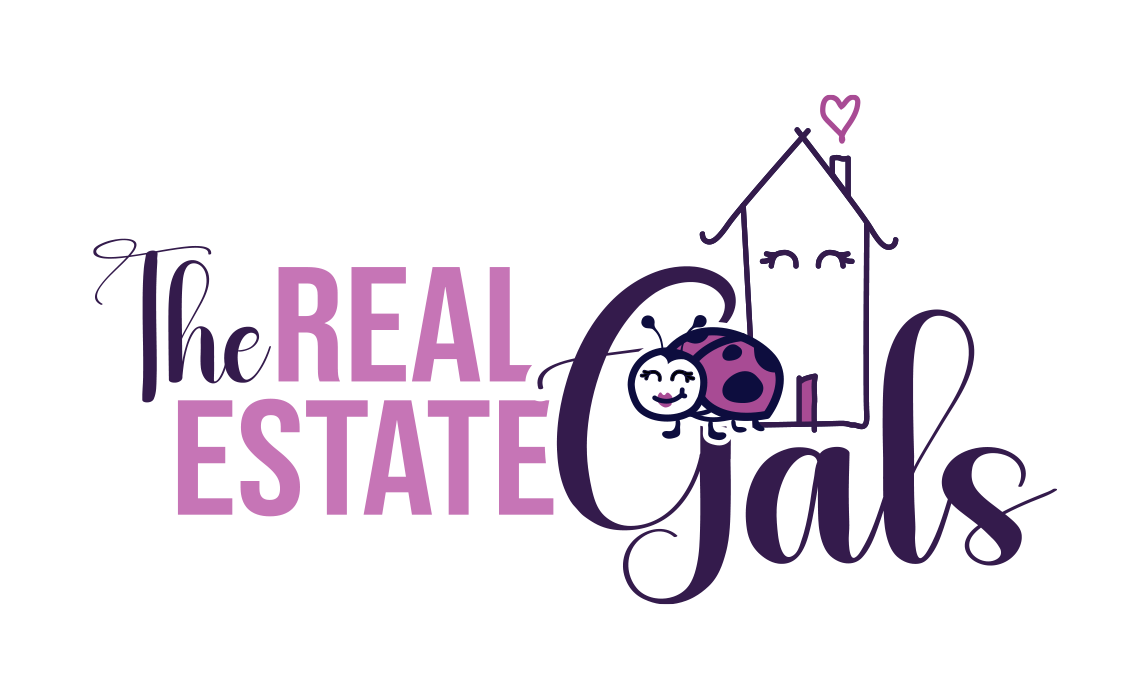A Guide to Opinion of Value and Appraisals
To say that divorce is challenging doesn’t begin to describe the complexity of emotions and stressors involved in “uncoupling”. One of the most challenging aspects is dividing assets, with the marital home often being at the centre. For many couples, the family home is not only a symbol of their life together but also one of their most significant assets. Deciding whether to sell it or have one spouse buy out the other requires an accurate understanding of its true value, which is why a reliable Opinion of Value or formal appraisal is so important.
In this guide, I’ll explain how you can determine the value of your home during a divorce, the differences between various types of market evaluations, and how these tools can assist you in making well-informed decisions as you navigate this difficult journey.
1. Why Understanding Home Value is Critical During Divorce
When a couple decides to divorce, one of the key issues they must resolve is how to divide their property. The marital home often holds both emotional and financial significance. Its value needs to be accurately determined for two primary reasons:
- Asset Division: Whether you plan to sell the home and split the proceeds or arrange for one partner to keep the house, the home’s value will impact how other assets are divided.
- Debt Obligations: If the home has a mortgage, understanding the equity (the value of the home minus any remaining mortgage) is critical. This will also play a role in negotiations and how much each spouse may receive or owe.
2. Common Tools for Assessing a Home’s Value
When you search online for information about your home's value, you are likely to come across various terms like Comparative Market Analysis (CMA), free home evaluations, certified home appraisal, and Opinions of Value. Each of these has a different purpose, and it's essential to understand how they work to make the best use of them.
Comparative Market Analysis (CMA)
A CMA is an estimate of a home's value based on recently sold properties that are similar in size, location, and condition. Real estate agents commonly provide CMAs—often referred to as free home evaluations—to help homeowners set a competitive price when listing their homes for sale. While a CMA can give a solid ballpark figure, it typically presents a range of potential values rather than a precise number.
In the context of a divorce, a CMA can offer valuable insight into the local market. However, if negotiations become contentious or a more accurate, legally acceptable figure is required, a CMA might not be detailed enough to meet those needs. A formal appraisal may be necessary for situations where a specific and defensible value is crucial.
Opinion of Value
An Opinion of Value is a step beyond a CMA. It is a formal document provided by a real estate agent that includes a detailed analysis of the home’s market value. Unlike a CMA, which offers a range of values, an Opinion of Value usually includes a specific number that the agent believes is the most accurate estimate of the home's worth.
In divorce cases, where clear, agreed-upon valuations are essential, an Opinion of Value can serve as a starting point for discussions. The process is less formal and less expensive than hiring a licensed appraiser but still provides a strong foundation for negotiating a fair division of assets.
In cases where the courts are involved, lawyers or judges may request formal real estate evaluations to ensure an accurate and impartial assessment. As a Certified Divorce Real Estate Expert (CDRE™), I am specially trained to provide unbiased opinions on property values during divorce proceedings. Unlike most Realtors®, I am qualified to testify in court about my findings, ensuring that the valuation is both credible and defensible in a legal setting. This level of expertise is essential when handling the complexities of real estate in a divorce.
Certified Home Appraisal
Sometimes, particularly in contentious divorces or when the property is unique, a more formal and legally sound assessment is required. In these cases, hiring a licensed appraiser becomes necessary.
An appraisal differs from both a CMA and an Opinion of Value in that it is conducted by a licensed or certified appraiser, such as a Certified Residential Appraiser (CRA™). This type of evaluation offers the most thorough and legally accepted estimate of a home’s value.
Appraisers are required to follow specific legal and ethical guidelines, and their reports can be used in court if necessary. In many divorce cases, especially those involving significant assets, estate divisions, or disputes, a formal appraisal will be the most reliable method to determine the value of a home.
3. Negotiating Based on Home Value: Common Scenarios
Selling the Home and Splitting Proceeds
If both parties agree to sell the home, the challenge lies in determining a fair asking price. A CMA can provide an initial sense of what similar homes are selling for, but an Opinion of Value or an appraisal can give a clearer idea of what the house is worth and help you agree on a listing price.
One Spouse Buys Out the Other
If one spouse wishes to keep the home, an accurate valuation becomes even more critical. The spouse keeping the home will need to compensate the other based on the current equity in the property. This can be a complex process, as it involves not only agreeing on the home’s market value but also accounting for outstanding mortgage balances, home improvements, and market fluctuations.
Additionally, securing financing for the home typically requires a legal Separation Agreement. Without this, most lenders will not approve a mortgage, further emphasizing the need for proper legal and financial planning during this stage.
Co-Ownership Post-Divorce
In rare cases, divorcing couples may choose to co-own the home temporarily, particularly when children are involved, and the parents want to provide stability. In this case, a fair valuation is still required to determine future financial responsibilities. Even if both parties remain in the home, its value could change over time, so it’s important to reassess the property periodically.
4. How to Choose the Right Professional for Your Situation
As you consider your options for determining the value of your home, it’s essential to choose the right professional for the job. Here are a few tips:
- Quick Estimate: If you’re just starting the process and want a general idea of what your home might be worth, consider getting a CMA from a local real estate agent.
- Divorce Proceedings: If you need a more precise value, ask your real estate agent for an Opinion of Value, especially if you’re working with a Realtor® who has experience in divorce real estate.
- Court Use or Disputes: If your divorce involves legal disputes over the value of the home, or if the home is a unique or high-value property, you’ll likely need a formal appraisal from a certified appraiser. In court cases, you may also use a CDRE™.
Valuing a home during a divorce can feel stressful, but with the right tools and support it doesn’t have to be overwhelming. Whether you choose a CMA, an Opinion of Value, or a formal Appraisal, understanding the true value of your home is a key step in securing your financial future as you move forward.
If you’re navigating a divorce and need help determining your home's value, seeking professional advice is crucial. Consulting with a Realtor® experienced in divorce real estate can offer the clarity and peace of mind you need to make confident, informed decisions during this challenging period.
If you have any questions or are looking for expert guidance on your home’s value,
reach out any time.
The information provided on this website does not, and is not intended to, constitute legal advice; instead, all information, content, and materials available on this site are for general informational purposes only. Views expressed are my own. Please consult a lawyer for advice on legal matters.


